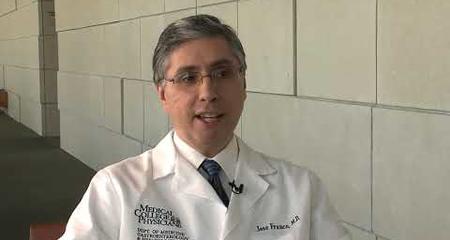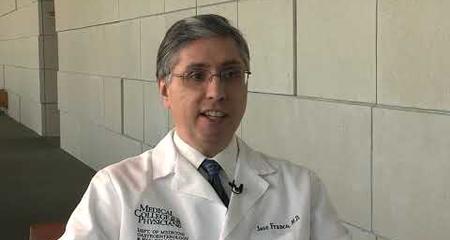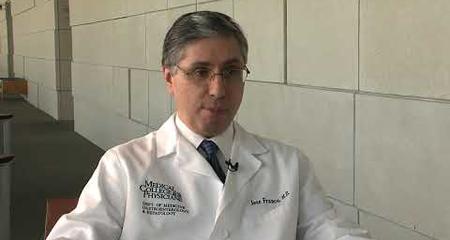Irritable Bowel Syndrome (IBS)
IBS is a disorder involving the movement of the bowel (intestines). In IBS, the nerves and muscles in the bowel are overly sensitive. The disorder is most often identified by its symptoms: abdominal pain or discomfort associated with a change in bowel patterns, such as loose or frequent bowel movements, diarrhea or constipation. IBS is a functional disorder, which means the bowel doesn’t function correctly, versus a problem with the structure of the bowel.
Inflammatory Bowel Disease (IBD)
Inflammatory Bowel Disease is a group of inflammatory conditions of the large intestine and, in some cases, the small intestine. These include Crohn's disease and ulcerative colitis.
Diverticulosis and Diverticulitis
As people age, the pressure within the colon causes bulging sacs of tissue that push out from the colon walls (one sac is a diverticulum, and more than one are diverticula). These sacs are most common near the end of the colon called the sigmoid colon. The condition of having diverticula in the colon is called diverticulosis, which may have few or no symptoms. If a diverticulum becomes infected or inflamed, it is called diverticulitis.
Celiac Disease
Celiac disease is an inherited disorder that causes damage to the small intestine and interferes with the absorption of nutrients. People who have celiac disease cannot tolerate gluten, a protein found in cereal grains such as wheat, rye and barley.
Nutritional disorders, like celiac disease, can develop when the body is unable to digest the nutrients it takes in (malabsorption). Nutritional disorders can also result from eating too little or too much food, or from eating too little or too much of a particular nutrient (vitamin or mineral).
Recognized as High Performing by U.S. News & World Report
Froedtert Hospital is recognized by U.S. News & World Report as high performing in three adult specialties and 16 procedures and conditions, including gastroenterology and GI surgery.Virtual Visits Are Available
Safe and convenient virtual visits by video let you get the care you need via a mobile device, tablet or computer wherever you are. We'll assess your condition and develop a treatment plan right away. To schedule a virtual visit, call 414-777-7700.





